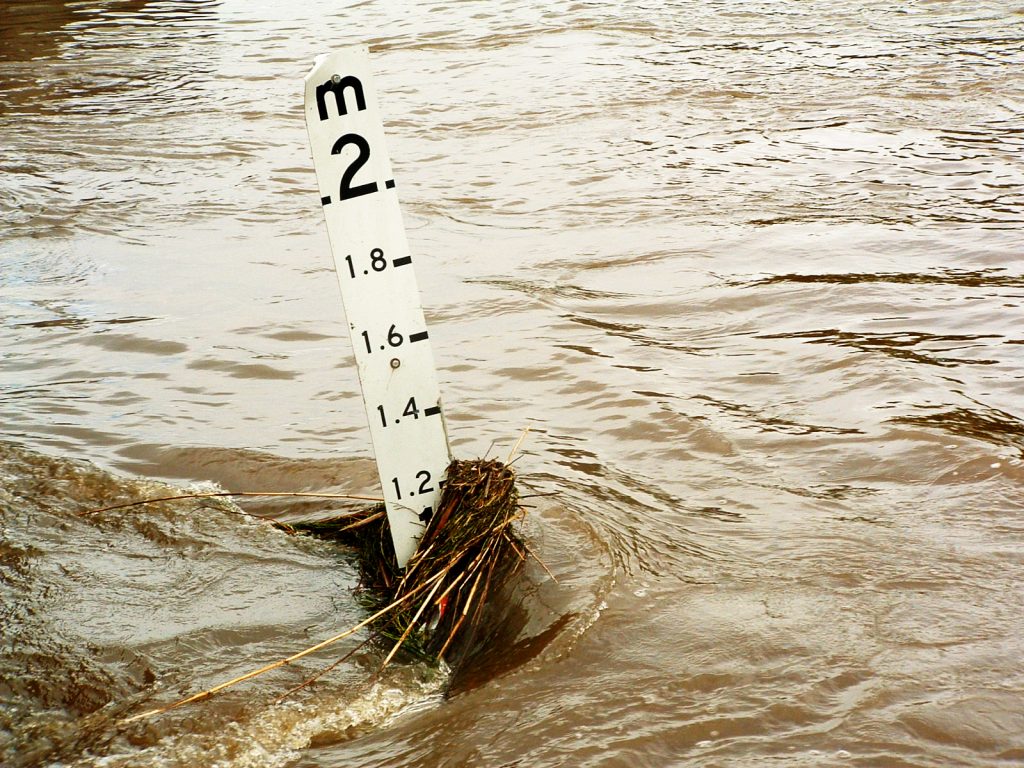 The National Flood Insurance Program (“NFIP”) is intended to provide affordable flood insurance on fair terms. The Federal Emergency Management Agency (“FEMA”) is responsible for administering and regulating NFIP. There are multiple requirements and policies that claimants must follow in order to be eligible to recover on their claim. The following lawsuit looks at the requirements necessary to prove flood damages under the terms of a Standard Flood Insurance Policies (“SFIP”).
The National Flood Insurance Program (“NFIP”) is intended to provide affordable flood insurance on fair terms. The Federal Emergency Management Agency (“FEMA”) is responsible for administering and regulating NFIP. There are multiple requirements and policies that claimants must follow in order to be eligible to recover on their claim. The following lawsuit looks at the requirements necessary to prove flood damages under the terms of a Standard Flood Insurance Policies (“SFIP”).
Construction Funding owned a piece of property located in Mandeville, Louisiana that was insured under a SFIP issued by Fidelity Insurance Company. Construction Funding claimed that this property suffered flood damage from Hurricane Isaac in August 2012. Construction Funding submitted a claim to Fidelity for a loss of approximately $76,000.
Fidelity is a participant in the NFIP and issues SFIP to NFIP participants. Although FEMA sets the terms of the SFIP, Fidelity is responsible for handling all claims arising under its SFIPs. Fidelity denied the claim, stating that the damages were unsubstantiated and there was insufficient proof that the damage was caused by Hurricane Isaac rather than a prior flood. Thereafter, Construction Funding filed a lawsuit against Fidelity. Fidelity claimed that Construction Funding was not eligible to bring the lawsuit because it had not complied with the SFIP’s terms.
In order to recover under an SFIP, claimants must strictly comply with the SFIP itself. See Marseilles Homeowners Condo. Ass’n Inc. v. Fidelity Nat’l Ins. Co., 542 F.3d 1053, 1057 (5th Cir. 2008). In order to bring a lawsuit under SFIP, the claimant must also strictly comply with all of the policy requirements. These requirements include giving prompt written notice of flood damage, preparing an inventory of damaged property showing the quantity, description, actual cash value, and amount of loss. Furthermore, the claimant must attach bills, receipts, and related documents to the inventory and file a timely, sworn “proof of loss,” including specifications of damaged buildings and detailed repair instruments. 44 C.F.R. pt. 61, app. A(1) art. VII sec J (2009).
Here, there was no dispute that Construction Funding filed a timely and sworn proof of loss claiming the $76,000 in damages. Construction Funding’s proof of loss form included itemized claims, sorted into general categories. However, Construction Funding failed to submit any substantiating documentation or explanation to support its claim, as required by the SFIP. This failure to provide a complete sworn proof of loss statement made Construction Funding ineligible to recover. See Gowland v. Aetna, 143 F.3d 951, 953-54 (5th Cir. 1998). Because of Construction Funding’s failure to completely and precisely comply with the SFIP’s requirements, the court held that Construction Funding could not recover.
Unfortunately for Construction Funding, because they failed to demonstrate that it submitted a proof of loss that fully complied with all of SFIP requirements, they were unable to recover on their claim. It can be stressful dealing with property damage and filing insurance claims, especially in the context of a natural disaster such as Hurricane Isaac. Although it is a stressful time and SFIPs have multiple detailed requirements, it is imperative that you precisely comply with all requirements of SFIP so that you can recover on your claim.
Additional Sources: Constr. Funding, L.L.C. v. Fid. Nat’l Indem. Ins. Co.
Written by Berniard Law Firm Blog Writer: Megan Richardson
Additional Berniard Law Firm Articles on Flood Insurance: Strict Adherence to Flood Insurance Policy Requirements is Crucial to Obtaining Recovery
 Louisiana Personal Injury Lawyer Blog
Louisiana Personal Injury Lawyer Blog

